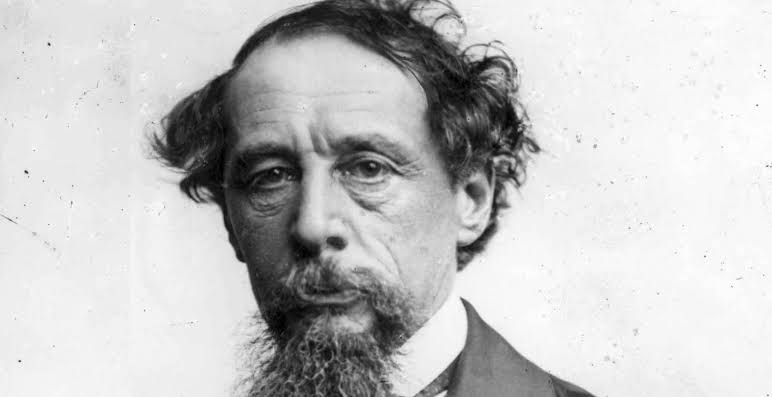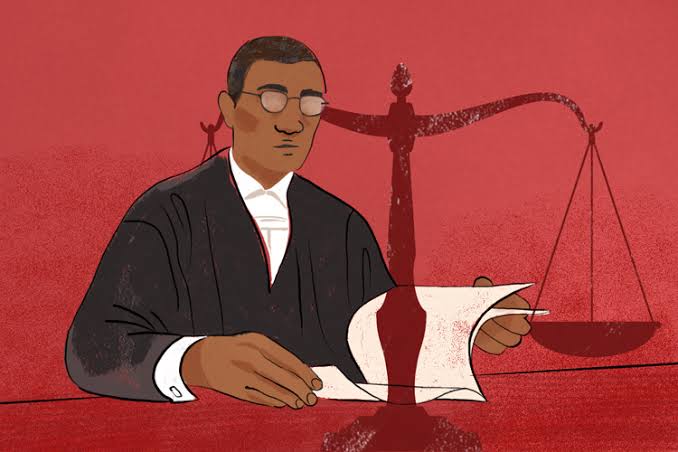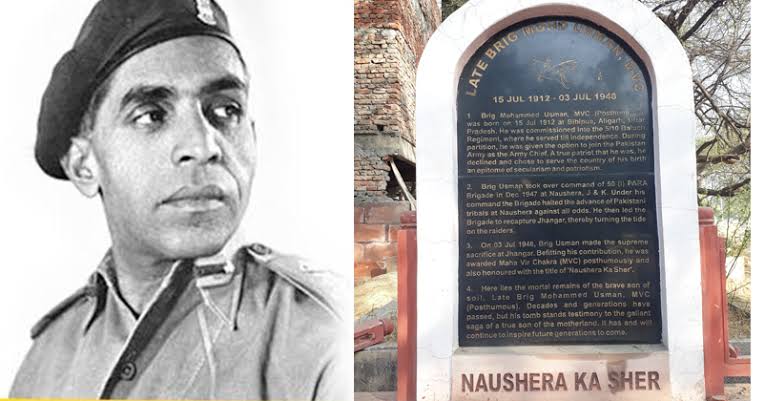No Takers in Moscow to Trump’s “theatrical ultimatum”

Russia unlike India has stood up to US President Donald Trump’s dictatorial behaviour in dealing with foreign states as Russian Deputy Foreign Minister Sergei Ryabkov today said that Moscow does not care for ultimatums.
Trump “theatrical ultimatum” to Moscow of giving new weapons to Ukraine and imposing sanctions on buyers of Russian oil and other exports has found no takers in Kremlin with many officials and media mocking at Washington’s approach to Russia.
Showing readiness to negotiate with Washington on key issues, Russian Deputy Foreign Minister Sergei Ryabkov said that Russia does not care for ultimatums.
On Monday, Trump had announced new weapons for Ukraine and had threatened to levy sanctions on buyers of Russian exports unless Moscow agrees to a peace deal in Ukraine.
Russia does not care about U.S. President Donald Trump's "theatrical ultimatum" about slapping sanctions on buyers of Russian exports unless Moscow agrees to a peace deal in Ukraine, a senior security official in Moscow asserted.
The US President, sitting beside NATO Secretary General Mark Rutte in the Oval Office, on Monday, had announced new weapons for Ukraine and threatened secondary tariffs of 100% on the buyers of Russian exports, of which crude makes up a major chunk.
Trump also expressed frustration with Vladimir Putin, saying he did not want to call the Russian leader "an assassin, but he's a tough guy", in an apparent reference to former US President Joe Biden calling Putin "a killer" in a 2021 interview.
"Trump issued a theatrical ultimatum to the Kremlin," former Russian President Dmitry Medvedev said in a post in English on X. "The world shuddered, expecting the consequences. Belligerent Europe was disappointed. Russia didn’t care."
In Moscow, state television broadcasts led with advances by Russian troops in Ukraine, of which Russian forces control just under a fifth, and an attack on Russia by Ukrainian drones which injured 18 people.
State television reports on Trump's remarks focused on the time it would take for Patriot missile systems to arrive in Ukraine and domestic U.S. concerns that the conflict could escalate, then turned to a meeting between Chinese President Xi Jinping and Russian Foreign Minister Sergei Lavrov.
Kommersant, one of Russia's most respected newspapers, invoked William Shakespeare's "Julius Caesar" in its front- page headline to suggest betrayal: "Et tu, Trump - the main peacekeeper of Ukrainian conflict joined the 'party of war'".
Trump told the BBC that he was "not done" with Putin and that he thought a Ukraine peace deal was on the cards.
Putin has repeatedly said he is ready to make peace - but on his terms - and that there is no point even considering a ceasefire until the details of what a peace would look like are nailed down.
European powers and Ukrainian officials say they do not believe Putin is serious about peace and have implored Trump to abandon his efforts to repair relations with the Kremlin.
In Washington, a White House official said Trump's intention is to impose "100% tariffs on Russia" and secondary sanctions on other countries that buy oil from Russia if a peace deal is not struck in 50 days.
Eighty-five of the 100 U.S. senators are co-sponsoring a bill that would give Trump the authority to impose 500% tariffs on any country that helps Russia, but the chamber's Republican leaders have been waiting for him to give them the go-ahead for a vote.
China, India and Turkey are the biggest buyers of crude from Russia, the world's second largest exporter of oil after Saudi Arabia. It is unclear how those countries would react if they faced secondary sanctions for their purchases of Russian oil.
Russia exports about 5 million barrels of oil per day. India, which imports Russian oil, is yet to react to Trump’s ultimatum of imposing sanctions on those countries which imported Russian oil.
(Author, a OhD from Humboldt University, is a veteran journalist.)

 11 hours ago
11 hours ago





[[comment.comment_text]]